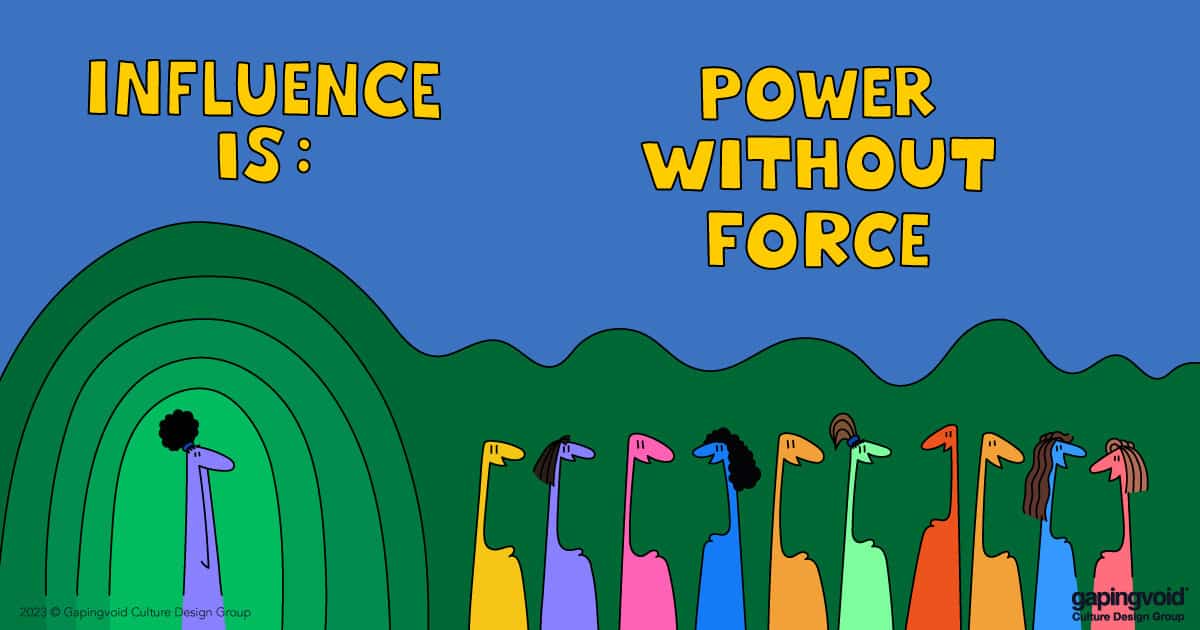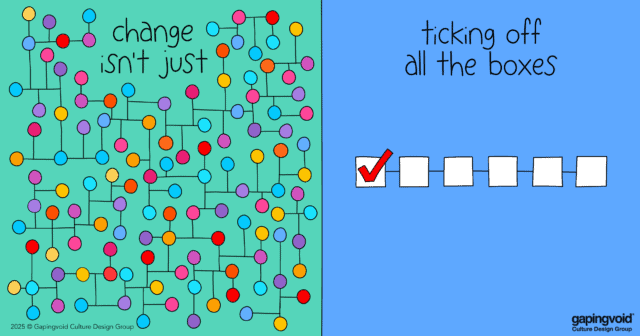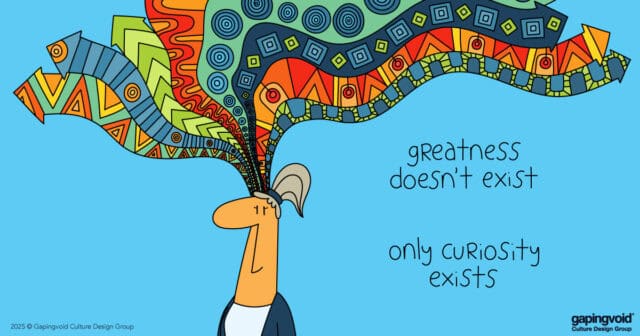
Imagine you’re a British RAF pilot who has just been shot down and captured by the Germans behind enemy lines.
As soon as you arrive at the POW camp, you meet the interrogator.
And the guy is….nice? He smiles. His body language is relaxed. He tells you about his life. He insists that the guards bring you extra food and bedding. He asks questions, but nothing about the war: only about your favorite book, your schooling, your pre-war job. During one “interrogation” session, he brings you some of his wife’s delicious homemade pastries.
What a relief.
One day, he invites you on a walk through the German countryside. No guards, no guns, just two friends. It’s more of the same: small talk and pleasant conversation. He tells you a recent discovery: the reason Americans use white tracer rounds is a chemical shortage.
You correct him: “There’s no chemical shortage, they use white tracers to signal to us pilots in the sky when they are low on ammo.”
You walk on, not realizing what you just did.
This is a true story, the story of the most effective interrogator of WW2: Hanns Scharff. And it proves a point about influence.
Aesop had a fable – a fable about the Wind and the Sun. They competed to see who could get a traveler’s coat off. The Wind blew gust and gust at the traveler, trying to tear the coat off. He pulled it tighter. The Sun shined warm rays onto the traveler. He took his own coat off.
That’s the secret of influence.
As humans, we respond to warmth. We respond to care. We feel a need to connect and to cooperate with others.
And when someone tries to coerce us, it triggers a strong impulse to resist. Psychologists call it reactance. Often, our problem isn’t even what they are trying to get us to do, it’s the way in which they are trying to get us to do it.
In some ways, reactance is irrational. But so is being the person who triggers it.
(Fun fact: After the war, Scharff became a mosaic artist. One of his mosaics sits in the Magic Kingdom Castle at Disney World).



